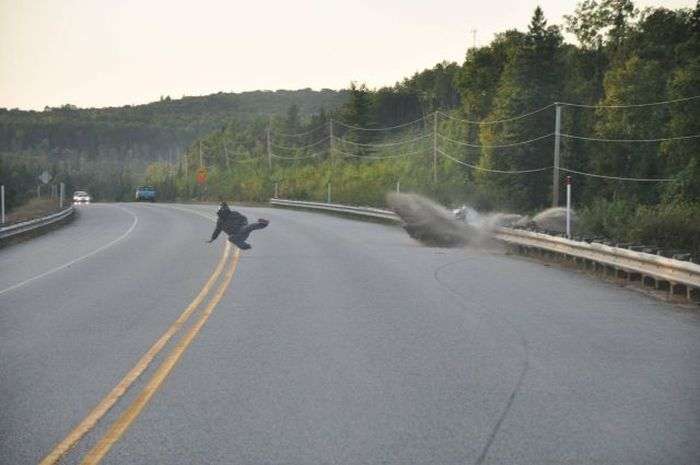Recent statements from former President Donald Trump suggesting a resumption of US nuclear weapons testing have sparked concerns and confusion. While he announced plans to “start testing our nuclear weapons,” experts widely believe that actual detonations are unlikely, citing lack of scientific need, potential destabilization of global peace, and possible domestic protests. However, even if not followed through with, the announcement highlights deeper concerns about a potential erosion of nuclear arms control efforts.
The Context of Trump’s Statement
Trump announced the policy shift on Truth Social, stating that testing would begin “on an equal basis” due to programs by “other countries.” This declaration has been met with skepticism and puzzlement, as no nation is actively detonating nuclear bombs. While Russia has demonstrated nuclear-powered drones and missiles, these were not nuclear detonations themselves.
Historically, there’s been a trend of increased activity at nuclear testing sites worldwide in response to geopolitical tensions. Sites in China’s Xinjiang region, Russia’s Arctic Ocean archipelago, and the US’s Nevada desert have seen modernization efforts. This comes at a time when several key nuclear treaties are expiring or have already lapsed, creating a potentially unstable environment.
A History of Nuclear Testing and Existing Agreements
Following the first US detonation, Trinity, in 1945, over 2,000 nuclear tests occurred before the Limited Test Ban Treaty of 1963, which prohibited testing in the atmosphere, underwater, and in outer space. The Comprehensive Nuclear-Test-Ban Treaty (CTBT) followed in 1996, aiming to halt all underground testing as well, though it has never been formally ratified.
India and Pakistan conducted tests in 1998, and North Korea remains the only nation to have tested a nuclear weapon in the 21st century, with its last test in 2017. The US hasn’t conducted a nuclear test since 1992.
Why Actual Testing is Unlikely
Experts overwhelmingly believe that a return to nuclear testing is improbable due to the advanced capabilities of modern physics simulations. The US government operates two of the world’s most powerful supercomputers, used to ensure the effectiveness of the nuclear deterrent without physical testing.
Moreover, many emphasize the lack of scientific benefit. John Preston of the University of Essex contends that the announcement might be “Trumpian rhetoric” with no real intent to detonate weapons. Even if carried out, such a move would be a symbolic escalation lacking substance.
Potential Implications for Global Stability
The resumption of nuclear testing could have far-reaching consequences. Christoph Laucht of Swansea University warns that it could trigger a “new kind of nuclear arms race,” as existing agreements like the New START treaty are nearing expiration. Furthermore, it risks prompting other nations to resume their own testing programs and could lead to protests from concerned citizens and environmental groups.
Sara Pozzi of the University of Michigan views a resumption of testing as detrimental to global stability, undermining arms control progress. Instead, she advocates for the US to lead by example in preventing nuclear proliferation.
The Possibility of Misinterpretation
Nick Ritchie of the University of York suggests that Trump might be referring to testing nuclear delivery technology – like missiles – rather than the warheads themselves. If that’s the case, the confusion stems from the fact that these technologies are routinely tested, alongside those of NATO allies. Regardless, the vague communication adds to the uncertainty surrounding US nuclear policy.
Ultimately, while the prospect of actual nuclear detonations is low, the announcement underscores a broader concern: that even seemingly symbolic gestures can undermine decades of efforts to control the spread of nuclear weapons and promote global stability.
In conclusion, Trump’s recent announcement is likely more political rhetoric than a prelude to actual nuclear testing, but its implications extend to the fragile landscape of global nuclear arms control, highlighting the need for clear communication and sustained commitment to disarmament efforts. Even if the prospect of explosive testing remains improbable, the vagueness of the announcement threatens to destabilize existing nuclear treaties and potentially embolden other nations to pursue their own testing programs































